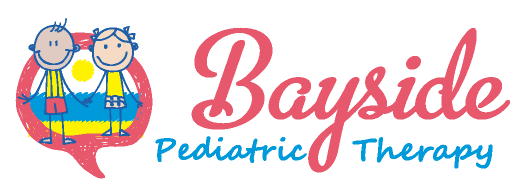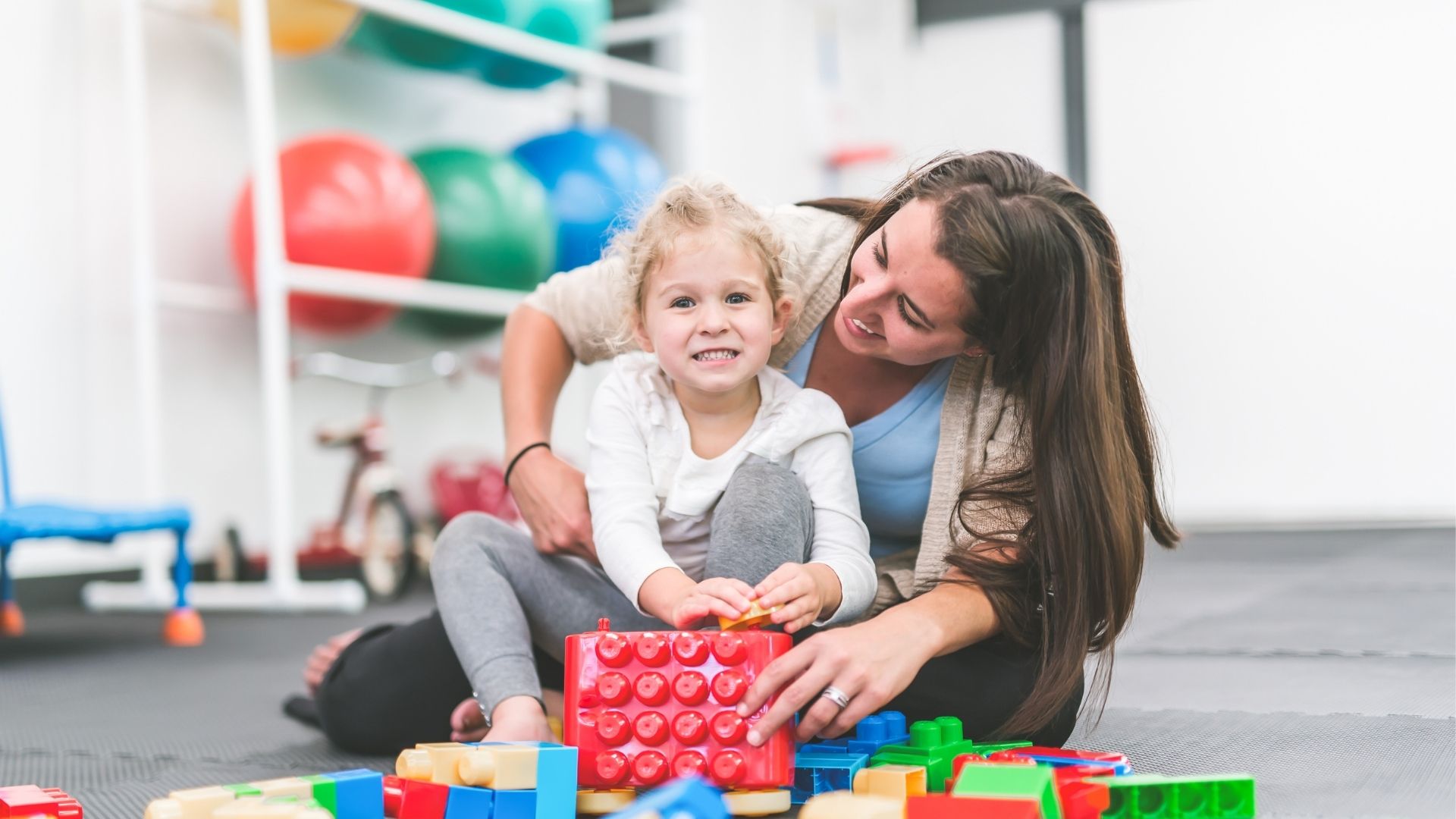Primitive reflexes are crucial aspects of a newborn and infant’s life. These reflexes help our children develop essential motor skills such as crawling, sitting up independently, eating, rolling over, walking, and many other developmental milestones. Additionally, primitive reflexes are a key component for maturity of our emotions, behavioral regulation, sensory modulation, visual skills, cognition, and much more. The majority of our reflexes, with the exception of our protective and postural reflexes, are meant to integrate within the first 12 months of life. However every child is different and some may retain these reflexes. A retained (or active) primitive reflex could potentially lead to a child having difficulty with age appropriate tasks, such as; Writing, fine motor skills, being comfortable in a group setting, attention, reading, coping with anxiety, riding a bike, poor bladder control, frustration tolerance, coordination with daily tasks, and even speech delays. Research has shown that active or unintegrated reflexes can contribute to depression, ADHD, autism, learning disabilities, lack of confidence, addiction, and constantly feeling overwhelmed (Story & Kane, 2007-19, 24).
I have had many parents ask me, “Is it possible to address these primitive reflexes that never fully integrated?” Absolutely! What’s even more exciting is we can do this through play! The home exercises and activities that I will provide will be easy and natural to include in yours and your child’s daily life. I understand that life can be very busy, which is why I want to only recommend activities that can be added with ease, while also helping your child’s reflexes integrate and improve brain maturity.
For example: A kiddo of mine initially demonstrated impulsive behaviors, poor attention, difficulty processing sensory information, poor communication skills, unable to ride a bike, very poor handwriting abilities, and was unable to control his frustration. I assessed his reflexes and discovered he had many that were still active. After a few months of rhythmic movements, reflex integration exercises through play, and parent education for carry over at home, this kiddo has made significant progress. His mother has expressed that his school work has improved so much and he is able to finish a full day of school with no difficulties. He can ride a bike, he is able to regulate his emotions and frustration tolerance, his handwriting is now at an age appropriate level, he can carry a conversation with ease, and he is independent with almost all of his daily tasks. What an amazing transformation and success story.
The foundation of my approach to reflex integration is from Move Play Thrive Brain and Sensory Foundations. I focus on incorporating rhythmic movements and individualized play exercises into each session. Our bodies naturally function through rhythmic movements, such as breathing and walking. However, if an infant or child was not able to participate enough in rhythmic movements, it could lead to possibilities of unintegrated primitive reflexes, meaning they may need a little extra help maturing their brain and helping with integration of an active reflex.
Active primitive reflexes are something that can easily get overlooked. If you are curious about the information and techniques used throughout the process I would be happy to provide additional information.

